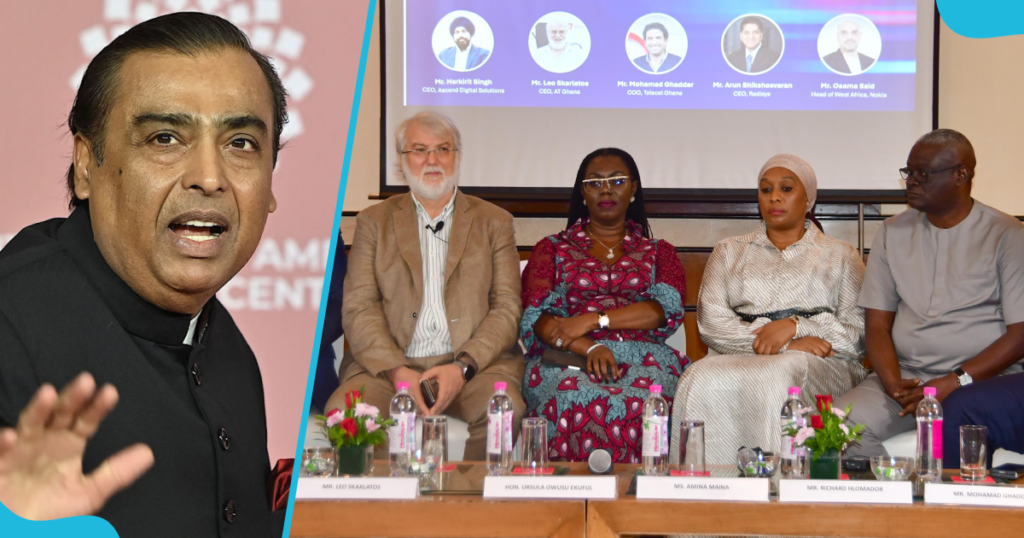The Ministry of Communication and Digitalization in Ghana has announced that the country will begin rolling out 5G in Ghana come September 2024. This development has sparked significant debate among experts, policymakers, and the general public.
While some see it as a necessary leap towards modernity, others question whether the nation is ready for such a drastic technological shift.
In this article, we will explore the essence of 5G technology and evaluate whether its introduction in Ghana is a prudent step forward or merely a costly endeavor.
Understanding 5G in Ghana
5G, or fifth-generation wireless technology, promises to revolutionize the way we connect to the internet. With speeds up to 100 times faster than 4G, 5G is designed to support the burgeoning Internet of Things (IoT), autonomous vehicles, and advanced telecommunication services. Countries that have embraced 5G are already witnessing transformations in sectors such as healthcare, transportation, and entertainment.
The introduction of 5G in Ghana holds the potential for numerous benefits. Enhanced connectivity can provide high-speed internet access even in remote and underserved areas, bridging the digital divide that has long plagued the country. The technology can boost Ghana’s digital economy by attracting tech investments and fostering innovation in various sectors, from agriculture to education.
As the digital infrastructure expands, there will be increased demand for professionals skilled in 5G technology, leading to job creation and skill development. Public services such as healthcare and education can leverage 5G to offer improved, more efficient services, enhancing the quality of life for Ghanaians.
Potential Concerns and Challenges
Despite these potential benefits, several concerns have been raised about the readiness and feasibility of 5G in Ghana. Implementing 5G requires substantial upgrades to the existing telecommunications infrastructure. This includes the installation of numerous small cell sites, fiber optics, and advanced network management systems.
There are questions about whether Ghana’s current infrastructure can support such an upgrade without significant investment and planning. The financial burden of rolling out 5G is considerable. This includes costs associated with infrastructure development, regulatory compliance, and the acquisition of spectrum. These costs might be passed on to consumers, potentially making 5G services unaffordable for many Ghanaians.
There are ongoing debates about the potential health risks associated with 5G radiation. Although scientific consensus maintains that 5G is safe, public apprehension remains. Additionally, the environmental impact of deploying 5G infrastructure, including increased energy consumption, cannot be ignored. For 5G to be fully utilized, there needs to be a significant improvement in digital literacy among the population. Without proper education and training, the benefits of 5G could be unevenly distributed, exacerbating existing inequalities.
Global Perspective
Globally, countries that have embraced 5G are reaping its benefits but also facing challenges. South Korea, one of the leaders in 5G deployment, has seen remarkable advancements in smart city initiatives and autonomous driving technology.
However, even they faced initial challenges related to infrastructure and cost. Similarly, in the United States, 5G rollout has been patchy, with urban areas benefiting more than rural ones.
The rollout of 5G in Ghana is a significant technological gamble with both promising potential and substantial risks. While it offers a pathway to enhanced connectivity, economic growth, and improved public services, the challenges of infrastructure readiness, cost, health concerns, and digital literacy cannot be overlooked.

Conclusion
Ultimately, the success of 5G in Ghana will depend on strategic planning, investment, and a commitment to addressing these challenges.
It is essential for stakeholders, including the government, private sector, and civil society, to work collaboratively to ensure that the benefits of 5G are equitably distributed and that the country is truly ready for this technological leap.
As Ghana stands on the cusp of this new digital era, careful consideration and proactive measures will determine whether 5G becomes a boon or a bane for the nation.
Source:
www.jbklutse.com
Source link

